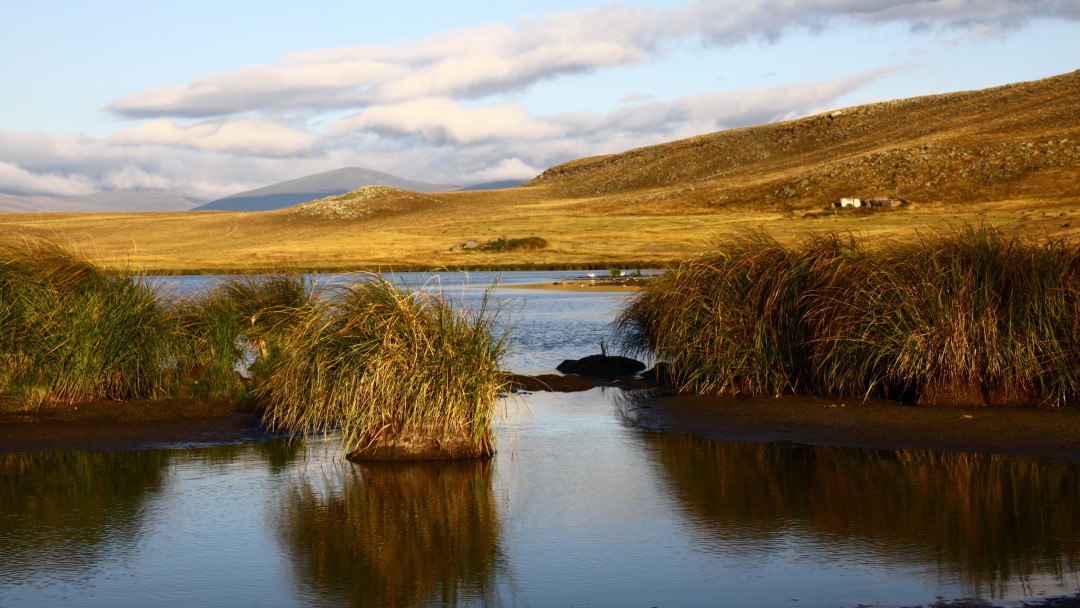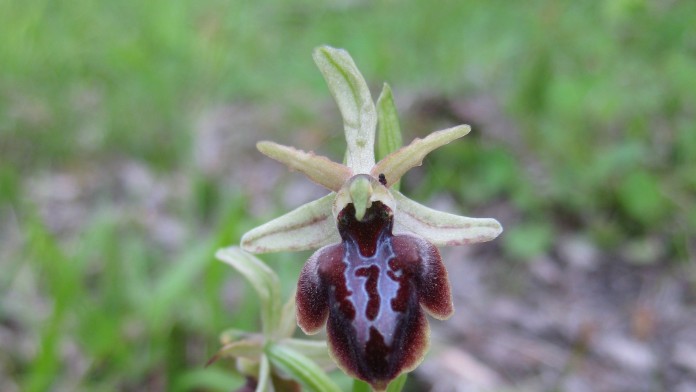News from 2017-03-03 / KfW Development Bank, Sustainability
Protecting legends of nature
With the Caucasus Nature Fund, KfW supports a biodiversity hotspot
Every year on 3 March, the UN remembers the significance of biodiversity with World Wildlife Day. On behalf of the Federal Ministry for Economic Cooperation and Development (BMZ), KfW supports preserving biodiversity in many regions of the world, including in the Caucasus, with a total of EUR 29 million through the Caucasus Nature Fund. Many unique animal and plant species like the Caucasian Leopard or the Caucasian Black Grouse make the region into a global hotspot for biodiversity.
The region between the Black and the Caspian Seas is home to a particularly large number of animal and plant species, including many that only live here. 6,400 different types of moss and ferns alone were documented in the Caucasus; 1,600 of them can only be found there. Conservationists count the mountain region among one of 35 biodiversity hotspots worldwide. But logging, poaching and street construction threaten the biodiversity in this area, as well. The Caucasian countries of Armenia, Azerbaijan and Georgia have placed ten percent of their area under environmental conservation. In comparison, Germany has protected 3.8 percent.


To ensure that these conservation areas can live up to their names, the World Wildlife Fund (WWF) Germany and KfW Development Bank founded the Caucasus Nature Fund (CNF) with funds from and on behalf of the German Federal Ministry for Economic Cooperation and Development (BMZ). Since then, the fund supports the administration and infrastructure of the parks such as hiking trails, visitor information centres and management offices. Other support includes things like fire engines and jeeps, uniforms and other equipment for 580 rangers to date, plus a financial contribution to their very low wages. Studies are being financed to research how poaching can be effectively prevented. In 2016 alone, the CNF invested more than one million euros in the Caucasian conservation areas. To support the living conditions of the people in the region, the fund also supports sustainable forest use and expanding ecotourism. Sustainable tourism, in particular, has the potential to create jobs and campaign for conservation at the same time.
The goal of the fund is to support 20 parks until 2020. To date, ten are already supported in Georgia, five in Armenia, and two in Azerbaijan. Additional parks in Azerbaijan are in the pipeline. With 20 parks, nearly one million hectares of land would be secured for conservation – habitat for countless animal and plant species.
Further information:

Share page
To share the content of this page with your network, click on one of the icons below.
Note on data protection: When you share content, your personal data is transferred to the selected network.
Data protection
Alternatively, you can also copy the short link: https://www.kfw-entwicklungsbank.de/s/enzBWrMC.BiKA
Copy link Link copied